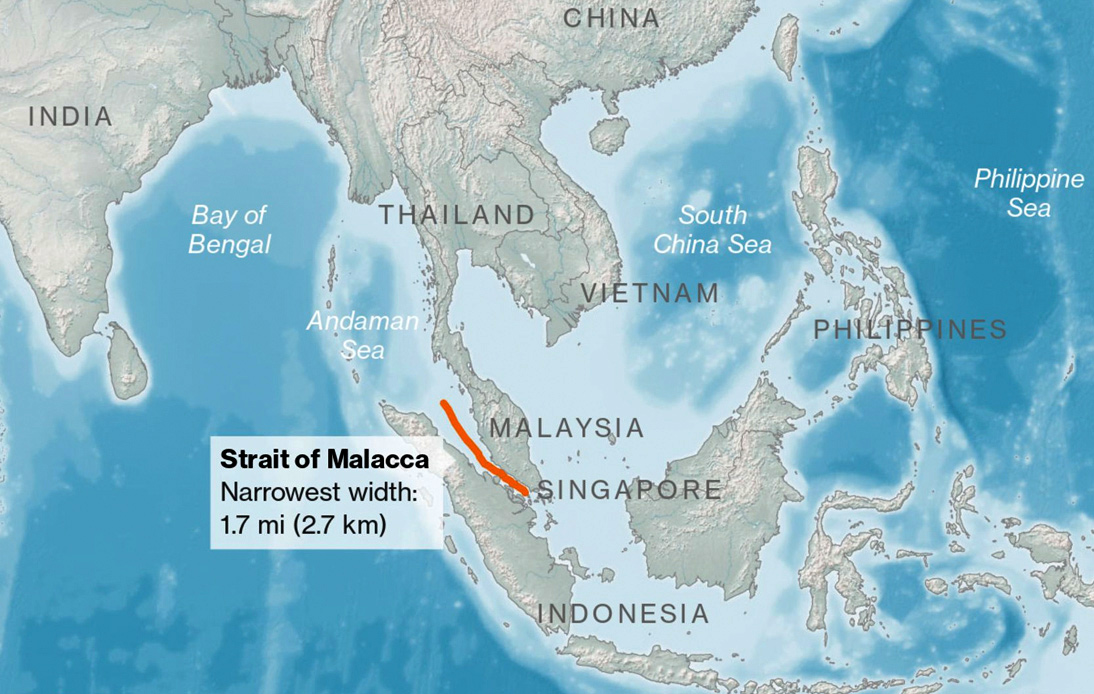
Thailand announces its plans to launch a national shipping company in 2022 as part of its efforts to strengthen and boost its business capabilities while reducing shipping costs and becoming a prominent player in global logistics.
Transport Minister Saksayam Chidchob explained that the country was facing a container shortage induced by the Covid-19 pandemic. Consequently, many domestic products have not been shipped, and some will even perish, he stated.
“Losses are incalculable,” he said, adding: “The shipping line can increase security and support the country’s ambition to become a logistics hub.”
In Thailand, a trade-reliant country, commercial vessels contribute less than 10% of its international freight.
Last year, it earned 57.4 billion baht from shipping but had to spend nearly ten times the amount, as relying on foreign vessels increases costs and exacerbates disruptions in times of crisis, such as the Covid-19 pandemic.
A state-owned maritime navigation company operated in Thailand from 1940 to 2011. However, the government does not plan to reactivate it.
The new firm, reportedly named the Thai National Shipping Line, arrives as a private company that promises greater flexibility. Saksayam stated that the government would own its 49% through the Port Authority of Thailand.
According to the minister, the company will rent boats and have units ranging from maintenance and transportation.
The Thai National Shipping Line aims to minimize reliance on foreign ships and support the trade’s growth, as well as manage strategic goods and energy products to guarantee economic and national security.
Its first services are expected to be available in June 2020, with domestic cargo routes connecting the capital and the southern region through the Gulf of Thailand.
Saksayam explained that regional and international routes would be added later, expecting to benefit from the planned Strait of Malacca bypass, set to be finished in around six years.
It will link the Indian and Pacific Oceans, bypassing one of the world’s busiest shipping routes between Indonesia, Malaysia, and Singapore. The passageway will also become the shortest route between the Asia Pacific region, the Middle East, and India. As a result, the shipping time could be reduced by more than two days.
At least 20% of traffic could be diverted to the new route when it opens, Saksayam added.
The government expects the new shipping company and the Malacca bypass to boost Thailand’s exports by 16.2% in the first seven months.




















